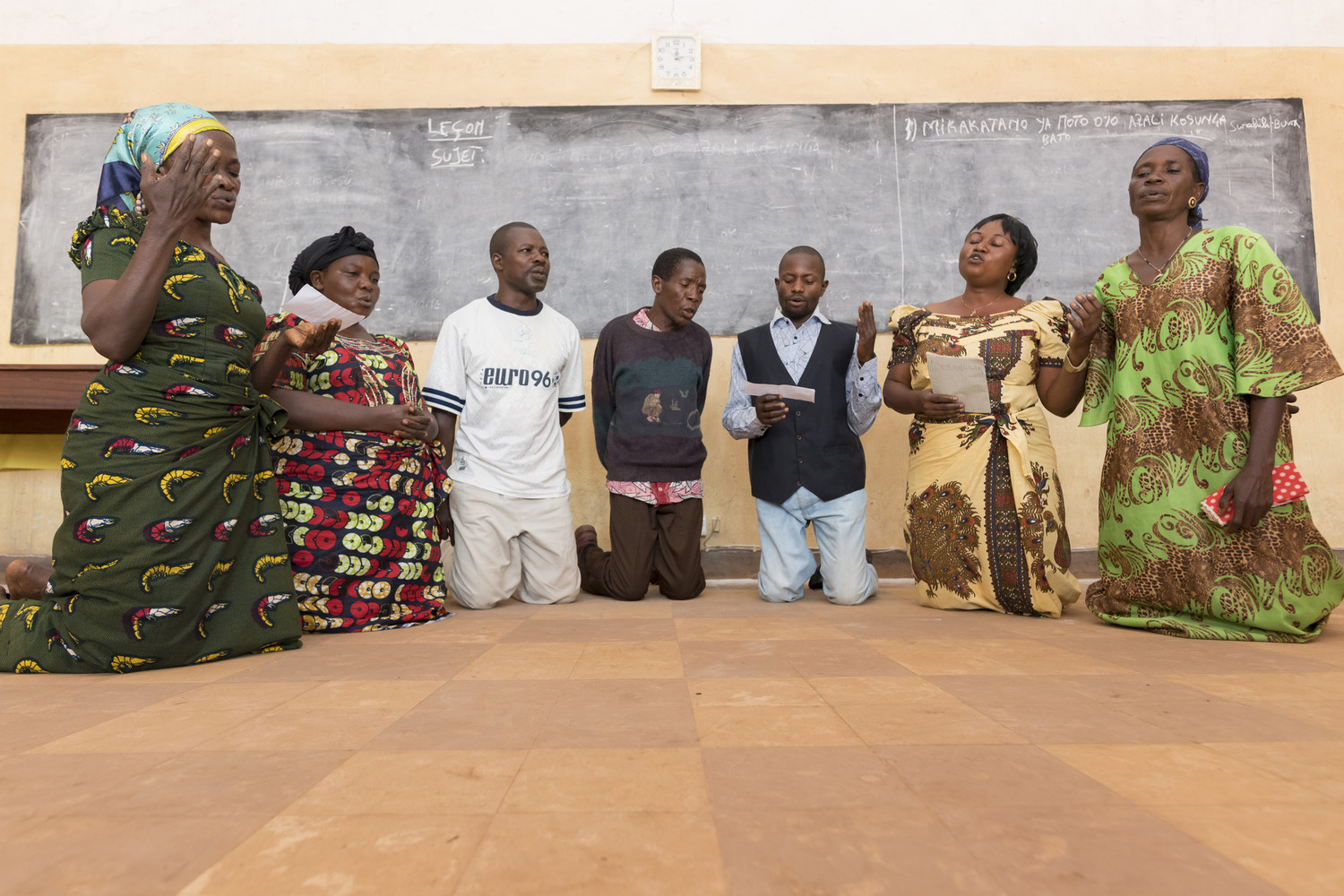Wycliffe Canada’s new mission statement says we exist to end Bible poverty byfacilitating the translation of God’s Word among minority language communities worldwide. But what is Bible “poverty”?
To many, the idea of poverty stays at the surface: to lack proper levels of income, food or education. But poverty goes much deeper. Danny Foster, president of CanIL (Wycliffe Canada’s training partner), once told me that while he served in Tanzania, Africa, he observed that poverty is about underlying questions: what people can be and what they can do. In fact, poverty seeps into people’s ways of thinking, points of view and attitudes. It leads many to overlook and actually reject beneficial resources and opportunities. Economic and material poverty then spirals into malnutrition, health problems, anxiety, depression and self-loathing. Eventually aspirations and hope die.
So let’s consider the Bible from this point of view. The fact that 1.5 billion people still lack access to the whole Bible in a language they best understand is an appalling tragedy, but Bible poverty is much deeper than the simple absence of Scripture. Living a life without God’s Word confines language groups to deep, spiritual impoverishment. Bible poverty creates an inability to comprehend our identity and our value as children of God, and the knowledge that Jesus Christ came to redeem what is broken.
Much of the outworking of poverty stems from this spiritual root. Poverty is a result of brokenness—often the fruit of evil and injustice done against people. Whatever the cause, entire people groups and minority language communities can be marginalized because of their cultural background or because their heart language is not the language of power. They can become trapped in a cycle of poverty and discrimination. Children may be forced to learn in a language that is not their own. Women fail to know their basic human rights. Entire people groups may be cut off from resources because they are not accessible in their language.
God’s Word in the heart language can be the catalyst for real change. It speaks of the Lord’s desire to redeem what has been broken and lost. It has a radical message to the marginalized: they are worthy, they are made in the image of God; the Good Shepherd seeks after them.
When the Scriptures enter a language—within a broader effort that includes literacy, language-based development, health awareness and mother-tongue education—a whole new upward spiral can begin.
Ending Bible poverty means people groups can see themselves as God sees them. They can plan for a more hope-filled future. They can find healing from trauma, stemming from past hurts and injustice (as shown in this issue of Word Alive). Self esteem grows, as the people begin to use their own language in trade, and writing history, as well as practising the arts. Quality of life and life expectancy increases. Education for children and adult literacy reverse the sense of inadequacy and ignorance. Relationships in families improve.
Our field partners around the world affirm this. Luis Cervantes, the director of AIDIA (an indigenous Quechua Bible translation organization in Peru) says, “When people receive Christ, they stop drinking, then they stop beating their wives and children. Their children start going to school. . . . When you enter a community where the majority of the people are Christians, their fields are green and lush, and their houses are in better condition. It’s an observable difference.”
When Bible translation opens God’s Word, His outflowing love opens new horizons. Circumstances may continue to be tough and oppression may still take place, but the relationship God desires with all peoples is restored.
That’s the foundation of deep, inner transformation—for individuals, families and entire communities. That’s the impact of ending Bible poverty!
